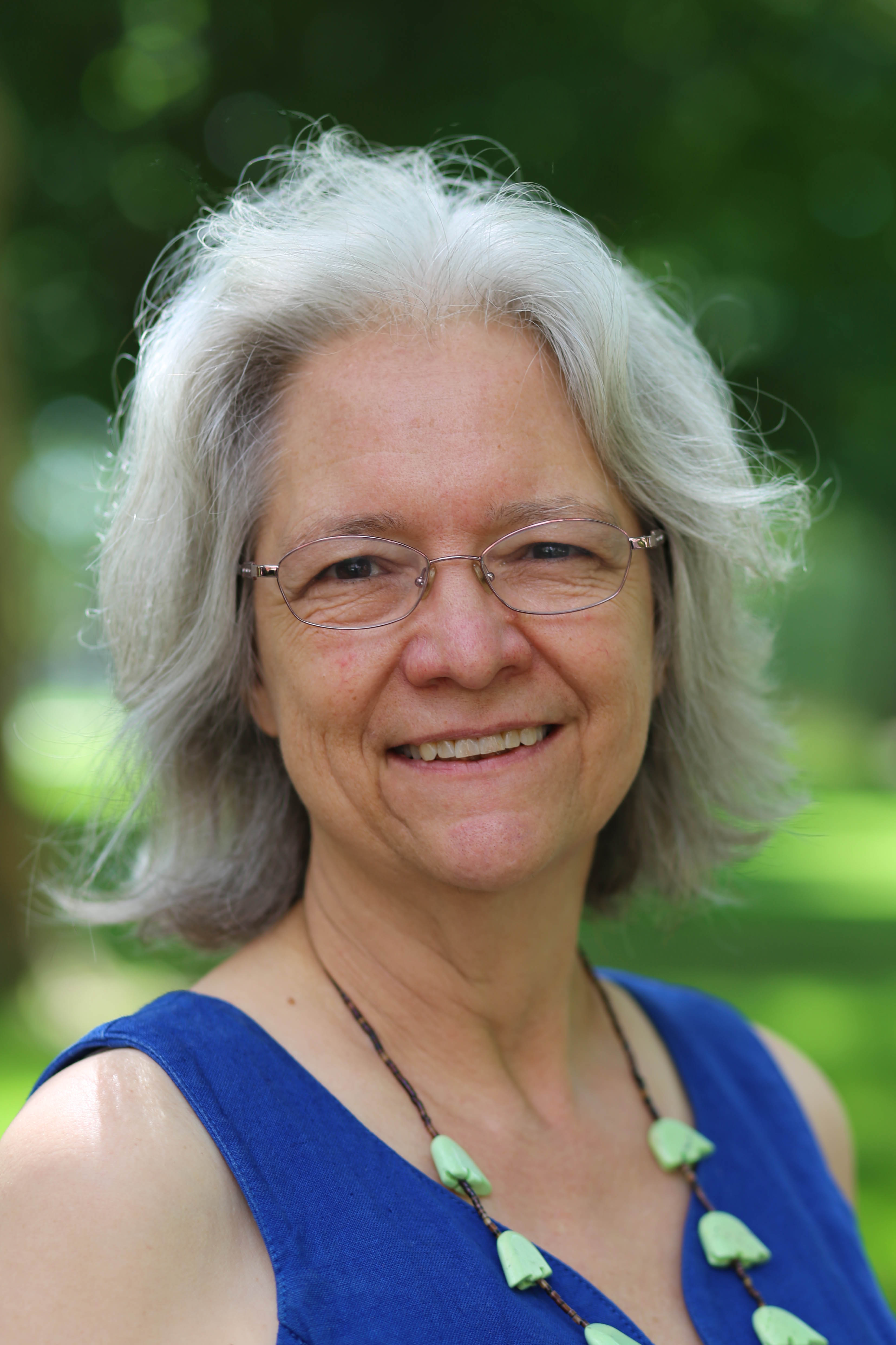Oct 26, 2009
Dear Ann,
I’ve been thinking about the best way to share some memories and impressions of the recent Mennonite/s Writing conference with you. I have decided to simply write you a letter about some ways that the conference was memorable for me. I hope that these memories will resonate with you and suggest some useful directions for your paper.
I am always somewhat anxious before going to a conference because I wonder whether I will end up sitting by myself the whole time and whether my paper will...well, bomb.
As a graduate student who has only recently begun to read and write Canadian Mennonite writing, I was particularly nervous when I realized that I would be presenting to an audience that included some of the field’s respected writers and scholars, many of whom I cite in my thesis (including you J). I was surprised and moved by the warm, generous response and helpful suggestions that I received after presenting, as well as the general friendliness of the conference participants. I felt at home. I noticed that other new scholars were receiving a similar welcome. In fact, I’d say that there was a real sense of community at the conference. I was particularly struck by the fact that several writers were sitting in the audiencelistening to people present papers about their writing—David Bergen, Di Brandt, Sarah Klassen, Rudy Wiebe. In some cases, I couldn’t help but notice, the writers discussed the presenters’ papers with them. I even overheard one writer asking for a copy of a paper about his work! Wow.
There were two events during the conference that I will always remember because I had the sense even then that history was being made.
One of these historic occasions was Rudy Wiebe’s surprise 75th birthday party at the home of Royden and Mary Ann Loewen in Steinbach. I think Rudy actually was surprised when Mary Ann brought out the chocolate birthday cake with candles. He had That Birthday Look on his face—you know, that softly-elated expression that is similar to the one that many people get when they are holding a kitten or a baby. Afterward, Rudy and Elsie Neufeld treated us to an impromptu duet from Handel’s “Messiah.”
If the first historical occasion was Rudy Wiebe’s 75th birthday party, the second came the next day, near the end of that that long and wonderful literary bus tour through southern Manitoba. That was such a funny event in some ways. It brought to mind all of those Russian Mennonite emigres and their adult children—including members of my own family--who have been taking trips to the old country to see where they came from. In fact, Geraldine Balzer was telling us that she and her mother have such a trip planned. So, we already have Mennonites going back to Russia for tours—and now we’ve started up a parallel event in southern Manitoba? “Take the Beaverline bus and see important literary sites; get your picture taken for only $5 at the Mennonite memorial where the Red and Rat Rivers meet!” Martin Kuester told us during his presentation that Miriam Toews’ A Complicated Kindness has become a bestseller in Germany. Do you think the German tourists will start coming over for the southern Manitoba literary bus tour, drawn by the promise of seeing Nomi Nickel country, much as Japanese tourists already flock to Anne of Green Gables’ Prince Edward Island?
There was a lot of laughter during the bus tour, and some moving moments, too. Hearing David Bergen read from The Year of Lesser at the very Mennonite memorial that provides the setting for the memorial scene in his novel (with Royden Loewen claiming that he inspired the character of the historian in that same passage). Hearing Patrick Friesen read from The Shunning at his grandfather’s farm near Steinbach, the site that inspired the setting for his poem (Patrick was practically vibrating). Driving by the TV tower that inspired Armin Wiebe’s description of Yasch Siemens climbing after Fleeda Shreeda in hopes he’d get a kiss. I will also remember eating verenicki --homemade right down to the cottage cheese filling--at the Mennonite Village Museum in Steinbach, the inspiration for the museum in Miriam Toews’ A Complicated Kindness.
Which brings me to the second historic occasion. That was when the bus pulled up at the small community centre in Reinland, the village where Di Brandt grew up. Like you, I have read many of Di’s poems and essays that describe her upbringing in Reinland, and I have heard her talk about the series of shunnings from her family that resulted from, she says, her poetry writing. And there she was when we arrived in Reinland, waiting in the community centre. Her uncle received us at the door; her aunts waited behind the luncheon they had prepared. I thought Di might lift off the ground. And then she read from questions i asked my mother, her first book of poetry, one of Canada’s first books of poetry in English written by a Mennonite, the same book of poetry that started the controversy in her village, her family. It was a time of healing, and it was all I could do not to weep.
But I did manage to eat one of those terrific Reinland brownies.
Best,
Natasha
Natasha G. Wiebe
